Update: As of 6/22/2018, Timeless has been officially cancelled by NBC.
Timeless is a time travel show that is currently on the bubble. Since it could go either way, I think that it’s a good time to examine the show and see what ails it. If the show gets a Season 3, this article could help to correct some mistakes and make it better than ever. If it gets cancelled, it’ll serve as an interesting lesson for writers, readers, and everyone else who might come across this page.
Either way, I’m going to smack this show upside the head because I love it. Here are a few of the issues that may bring it down from a writing perspective.
1. What Is Rittenhouse’s Primary Objective?
If you’ve ever followed me, you’ll know that I’ve often compared Timeless to other pieces of entertainment like Assassin’s Creed. While this show is far more family friendly, they both share some commonalities like secret societies and warfare across time. However, there is one critical difference that is keeping Timeless from reaching its full potential.
We don’t know anything about the bad guys or their master plan.
Before Assassin’s Creed went down the tubes, the first five games introduced an incredible mythology that unfolded naturally over the course of each story. In the first game, players learn about the motivations of the Assassins and Templars, genetic memory, and these strange alien devices. As the story moves forward, it gets progressively crazier right up to Assassin Creed III‘s apocalyptic ending. And yet, it largely makes sense because it’s set up properly.
Timeless is not as expansive as that, but we still don’t know anything about the “Templars” of the story. Rittenhouse is an expansive organization that can control billionaires, but it simultaneously wants to destroy America and control it.
Why? No one really knows.
2. Is It A Teaching Tool Or A Conspiracy Thriller?
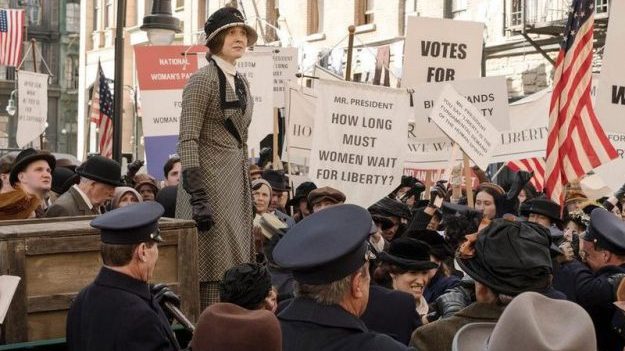
Even if we accept that this episode’s assassination caused President Wilson to reverse course, why would a speech suddenly change his mind once more?
Over the course of the two seasons that have aired, Timeless was said to be a teaching tool where viewers could learn about the history that might have been left out of school. On the other hand, it was also marketed as an action thriller where the team has to stop Flynn (in season 1) and Rittenhouse (in season 2) by traveling into the past.
I’m here to point out that you can’t have it both ways. If the show is a teaching tool, why is it littered with historical inaccuracies? If it is a conspiracy thriller, where are the timeline changes that might justify certain episodes? To demonstrate these points, let’s take a look at “Mrs. Sherlock Holmes.”
In the story, the team has to supposedly save the 19th Amendment from Rittenhouse. They go back to a march that took place in 1919 to try to convince President Woodrow Wilson to “change his mind,” but there’s a problem.
President Wilson spoke out in favor of national suffrage in January 1918. On top of that, New York approved of it in a 1917 referendum!
What is the point of this episode again?
3. Why Not Play The Long Game?
Those who follow me on Twitter are aware of the fact that I like to dissect trending pieces of entertainment. On rare occasions, actors and actresses like to comment along with me as a part of the fun. Most notably, I had a brief discussion with the great Annie Wersching about her character’s motivations in the show, which you can read here.
With that in mind, I want to add to the discussion by examining the central ideas of the show. Let’s play a game of “If I Wanted…” to examine the motives of Rittenhouse.
- If I wanted to control women, would it be easier to slap down a successful movement for voting rights or control their minds through the media?
- If I wanted to put a puppet into office, would it be easier to put Nixon up against Lyndon Johnson in 1960 or leverage the Watergate tapes?
- If I wanted to control the auto industry, would I send a man to kill automotive representatives (including one from a Rittenhouse-controlled company) at a NASCAR race or use Ford’s industrial connections to bring them to heel?
Of course, some of these alternatives would eliminate the plot of a few episodes, but it’s important to recognize these issues. Rittenhouse seems more than willing to play the long game, so why wouldn’t they plant people who can provide long-term value in the shadows?
Conclusion.
Look, I’m not saying that Timeless should be cancelled, but I can understand why some people might not want to follow it. Lucy, Wyatt, Flynn, and Rufus are perfectly likable and a lot of fun to watch, but it’s important to remember that a hero is only as great as his greatest villain. And since we don’t really know who the villains are, it makes one wonder what the main characters are supposed to be fighting for other than syndication earnings.
Do you agree or disagree? Let’s talk about it in the comments!
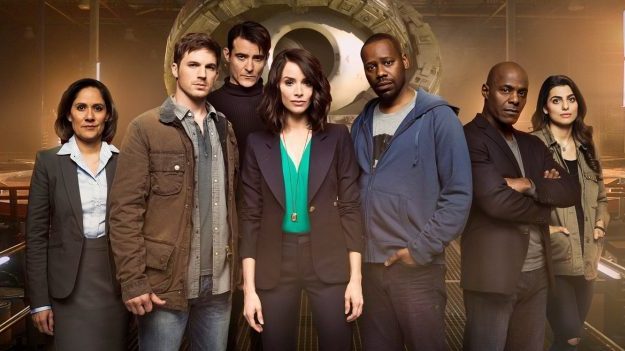
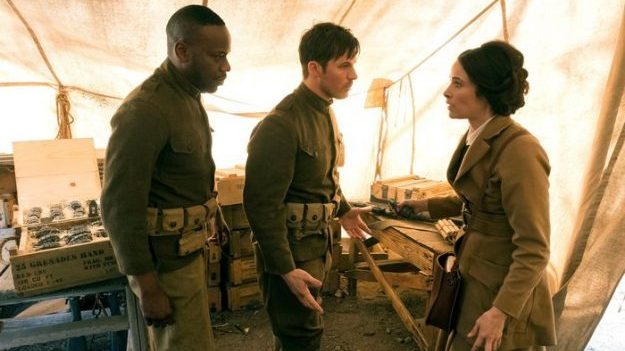
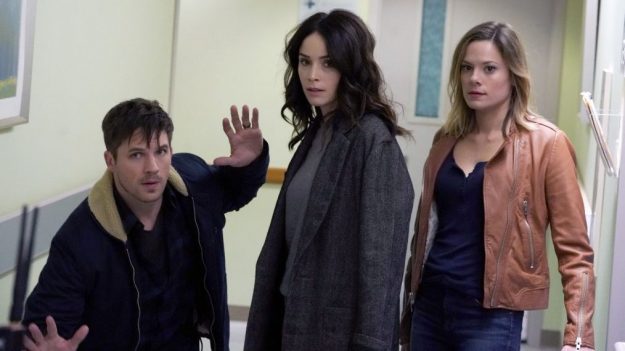
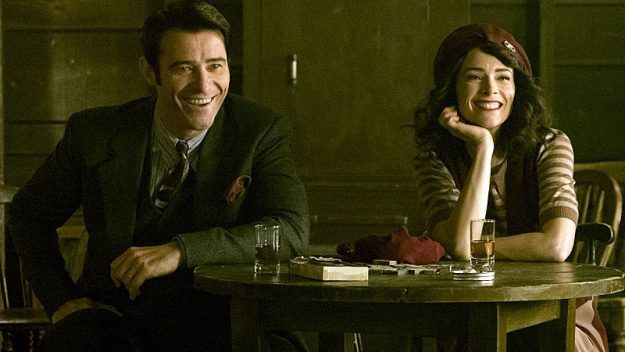
No Comments Yet